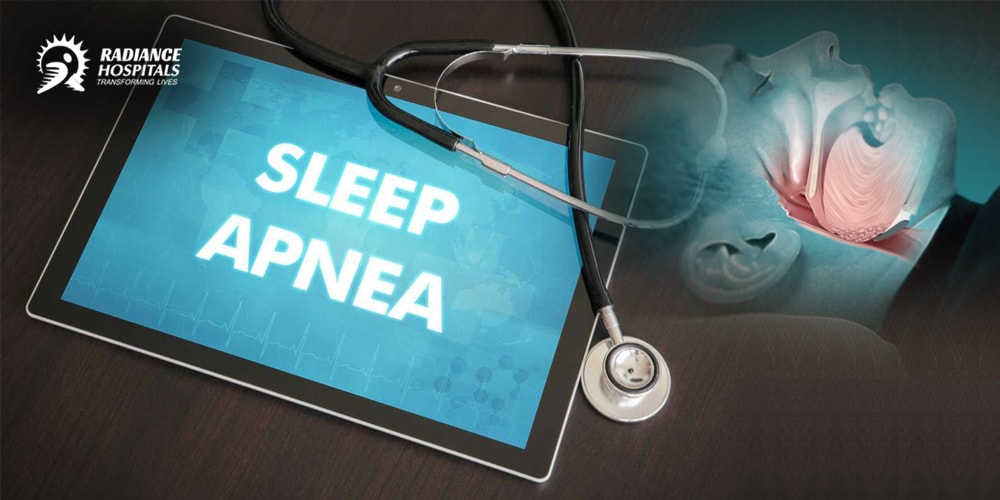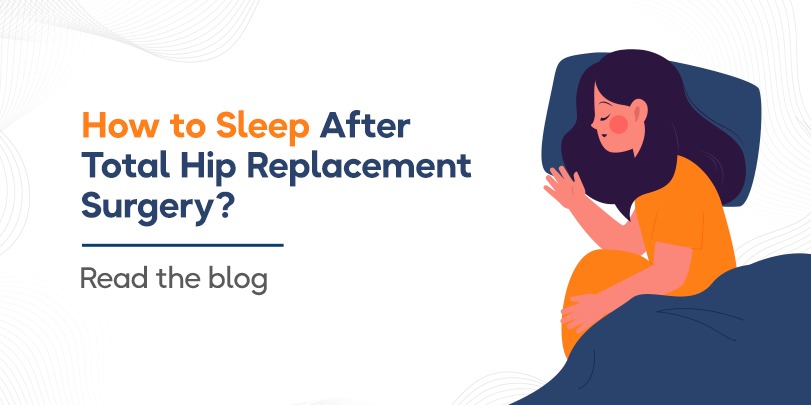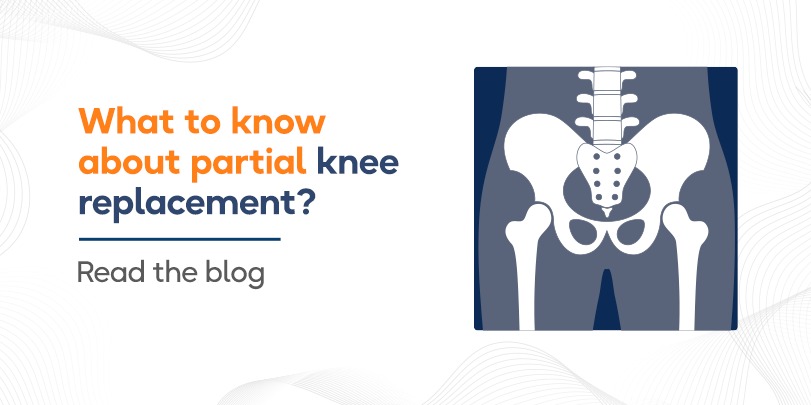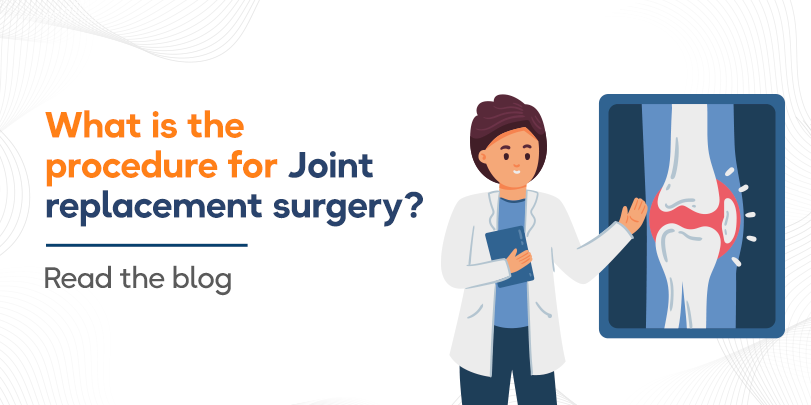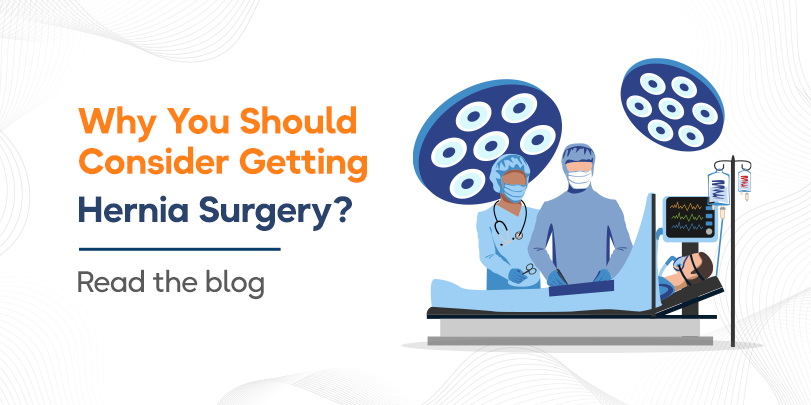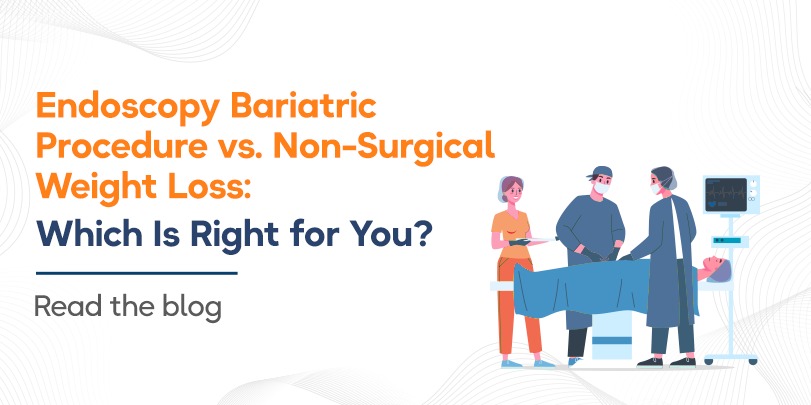Have you ever heard about the medical term called “Sleep Apnea”? If not, you should. Now, why you should know all about Sleep Apnea because there are certain signs that you might come across in your daily routine during the morning or a whole day and in the absence of the awareness about the disease, you may overlook the signs or symptoms which can become life-threatening if not attended and treated in time.
So, let’s begin to learn something about the disease and throw lights on the symptoms, causes, precautions, treatment and care.
Let’s first look at to the common symptoms of Sleep Apnea disease
- Loud snoring
- Episodes in which you stop breathing during sleep — which would be reported by another person
- Gasping for air during sleep
- Awakening with a dry mouth
- A morning headache
- Difficulty staying asleep (insomnia)
- Excessive daytime sleepiness (hypersomnia)
- Difficulty paying attention while awake
- Irritability
The majority of the above symptoms suggest that you might have Sleep Apnea and you should seek the advice of your Doctor and rule out the disease as this will help you out to avoid the risk of heart problems and other associated complications.
There are three types of Sleep Apnea classified following the symptoms and health condition of a person.
- Obstructive sleep apnea, the more common form that occurs when throat muscles relax
- Central sleep apnea, which occurs when your brain doesn’t send proper signals to the muscles that control breathing
- Complex sleep apnea syndrome, also known as treatment-emergent central sleep apnea, which occurs when someone has both obstructive sleep apnea and central sleep apnea
Now, let’s bring more understanding to the common cause Obstructive sleep apnea.
While you sleep, the muscles in the back of your throat relax and results in narrowing the airway you breathe in from. In this condition, you cannot get enough air and subsequently it lowers the level of oxygen in your blood. Your brain senses this inability to breathe and rouses you from sleep to reopen your airway. Generally, you don’t remember it at all during the night. However, the deprived sleep symptoms come out during the daytime. Along with a morning headache and irritability, there are incidences reported of road accidents where such person slept during driving.
Now, after knowing all above, it is mandatory for you to know the risk factors which are responsible for the disease called Sleep Apnea. Apart from Nasal congestion, smoking, use of alcohol or sedatives, or family history, there is a common risk factor ‘excess of weight’ is becoming the lead risk factor nowadays.
More than half of people with obstructive sleep apnea are either overweight or obese, which is defined as a body mass index (BMI) of 25-29.9 or 30.0 or above. Each unit increase in BMI is associated with a 14% increased risk of developing sleep apnea, and a 10% weight gain increases the odds of developing moderate or severe obstructive sleep apnea by six times. Compared to normal-weight adults, those who are obese have a sevenfold increased risk of developing obstructive sleep apnea. However, the impact of BMI on obstructive sleep apnea becomes less significant after age 60.
BMI isn’t the sole marker of obesity that’s important. Men with a neck circumference above 17 inches (43 centimetres) and women with a neck circumference above 15 inches (38 centimetres) also have a significantly increased risk of developing obstructive sleep apnea.
So going by the above information, if you know that you are at risk of sleep apnea, immediately consult your doctor. Depending upon the stage, condition and type of sleep apnea, your doctor may suggest lifestyle changes if it is mild or may recommend you the proper therapy or treatment if above mild or severe. Even in the worst cases, your doctor may suggest you to go for Surgery to remove enlarged tonsils or adenoids or weight-loss (Bariatric) Surgery also.

